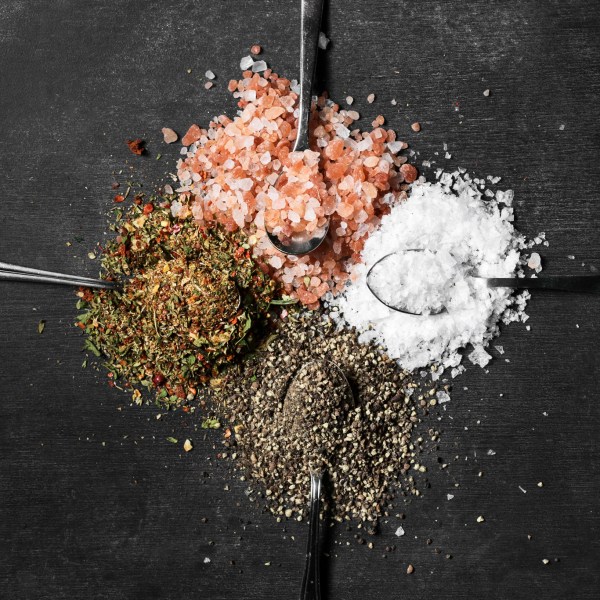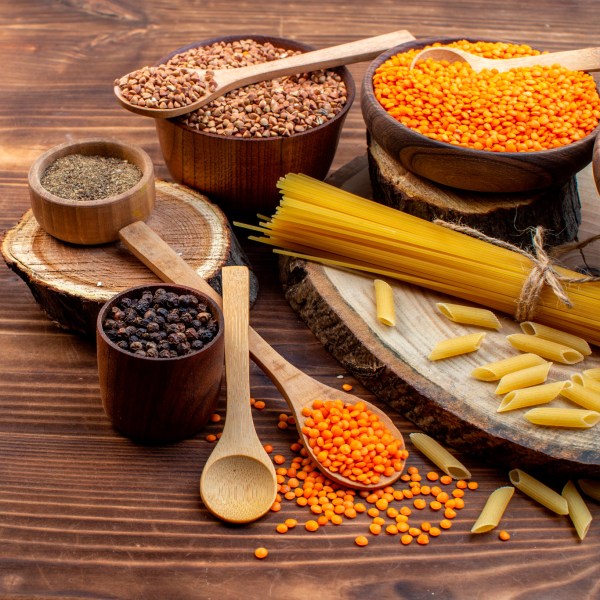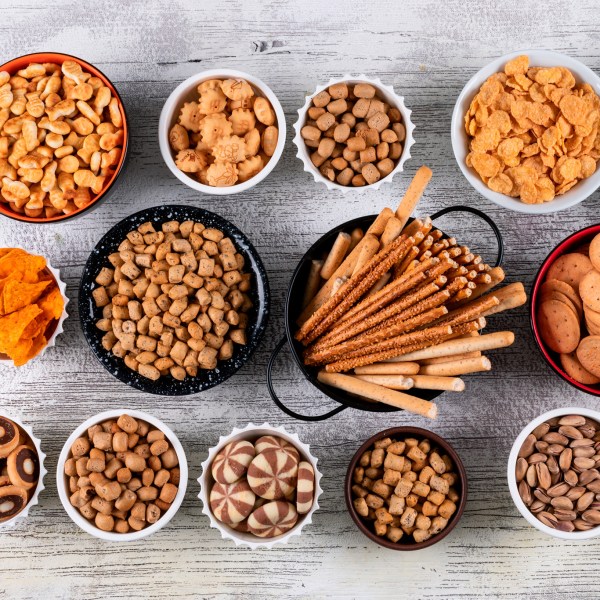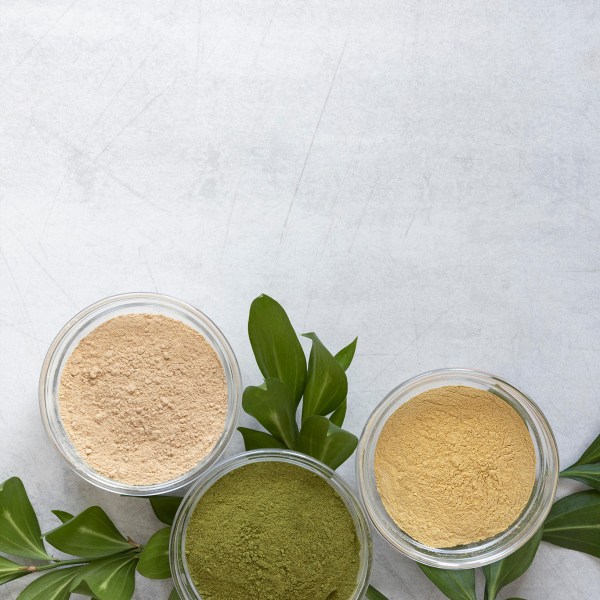Spices
Spices
Spices have been used for centuries to enhance the flavor of foods, preserve ingredients, and even as medicine. Today, spices are an essential part of kitchens worldwide, adding depth, warmth, and complexity to dishes. Beyond their culinary uses, spices offer numerous health benefits, making them valuable additions to any diet.
What are Spices?
Spices are aromatic substances derived from seeds, fruits, roots, bark, or other plant parts. They differ from herbs, which come from the green leafy parts of plants. Spices are known for their intense flavors and are used in small quantities to deepen and complexify dishes. Each spice has a unique flavor profile, ranging from sweet and aromatic to spicy.
Health Benefits of Spices
Spices are not just flavor enhancers; they are packed with bioactive compounds that offer various health benefits. Here are some of the most significant benefits of commonly used spices:
Anti-inflammatory Spices
Many spices, such as turmeric and ginger, contain compounds that reduce inflammation in the body. Chronic inflammation is associated with numerous diseases, including heart disease, diabetes, and cancer.
Antioxidant-rich Spices
Spices like cinnamon are rich in antioxidants that help neutralize harmful free radicals in the body. This can reduce the risk of chronic diseases and slow down the aging process.
Digestive Aid Spices
Spices like ginger can aid digestion by stimulating the production of digestive enzymes, reducing bloating, and soothing the digestive system.
Spices that Boost Metabolism
Some spices, such as black pepper, contain compounds that can enhance metabolism and fat burning, making them useful for weight management.
Blood Sugar-regulating Spices
Cinnamon is known for its ability to help regulate blood sugar levels, making it beneficial for people with type 2 diabetes.
Immune System Supporting Spices
Spices like garlic, turmeric, and cayenne pepper have immune-boosting properties, helping the body fight infections and illnesses.
Popular Spices and Their Uses
There are countless spices available, each providing unique flavors and health benefits. Here are some of the most popular spices:
Turmeric
Turmeric is a bright yellow spice commonly used in Indian and Middle Eastern cuisine. It has a warm, earthy flavor and is known for its strong anti-inflammatory and antioxidant properties.
Cinnamon
Cinnamon is a sweet and aromatic spice often used in baking. It also has strong antioxidant properties and can help regulate blood sugar levels.
Black Pepper
Black pepper is one of the most commonly used spices worldwide. It has a sharp, spicy flavor and can help enhance metabolism and improve digestion.
Cardamom
Cardamom has a sweet, floral flavor and is used in both sweet and savory dishes, particularly in Indian and Middle Eastern cuisine. It has digestive and anti-inflammatory properties.
How to Store and Use Spices?
To keep spices fresh for as long as possible, it’s important to store them properly and know how to use them effectively. Here are some tips:
Storing Spices
Keep spices in airtight containers, away from heat, light, and moisture. This preserves their flavor and aroma. Whole spices generally last longer than ground spices.
Freshness of Spices
Whole spices can last up to two years, while ground spices are typically usable for six months to a year.
Using Spices
Add different spices at various stages of cooking! Start with whole spices and add ground spices later in the cooking process. Taste your dishes as you cook and adjust the seasoning as needed. A little spice can go a long way, so start with a small amount and add more to taste.
Spices are the heart and soul of cooking, turning simple ingredients into flavorful and aromatic dishes. Beyond their culinary appeal, spices offer numerous health benefits, from reducing inflammation to boosting metabolism. Various spices can enhance the flavor and nutritional value of your meals, enriching your dining experience.






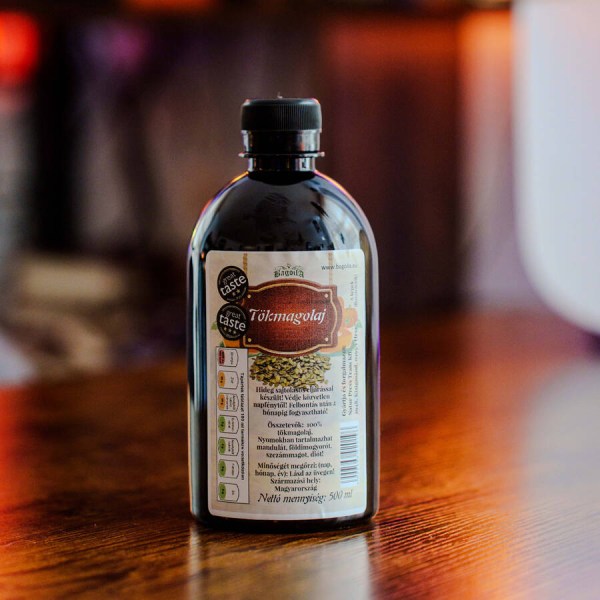
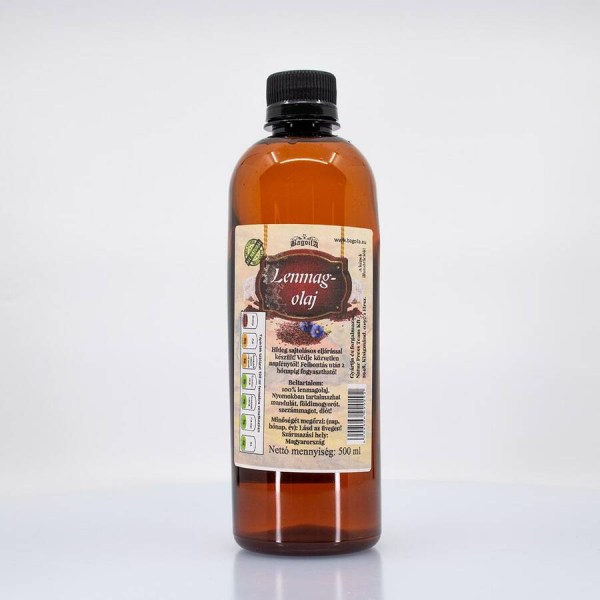
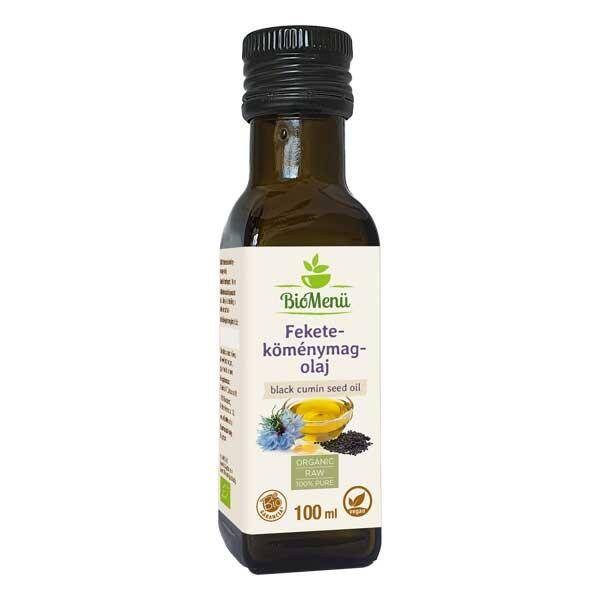
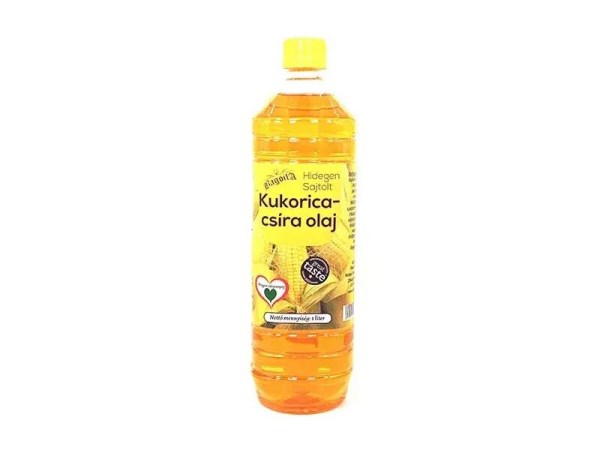






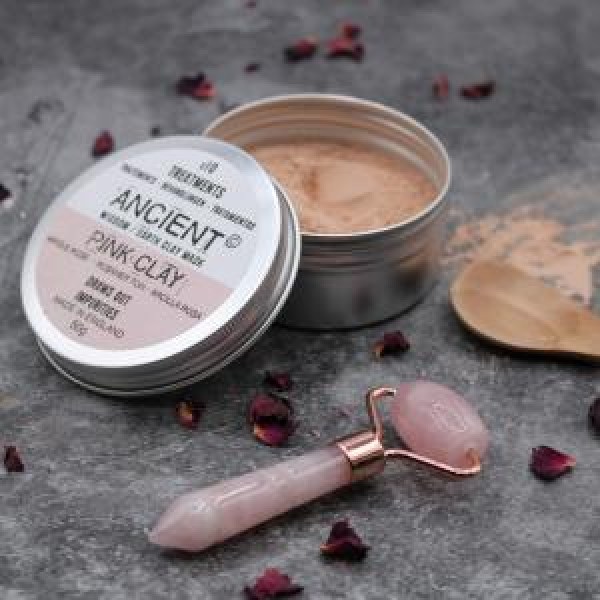
_600x600.jpg)
